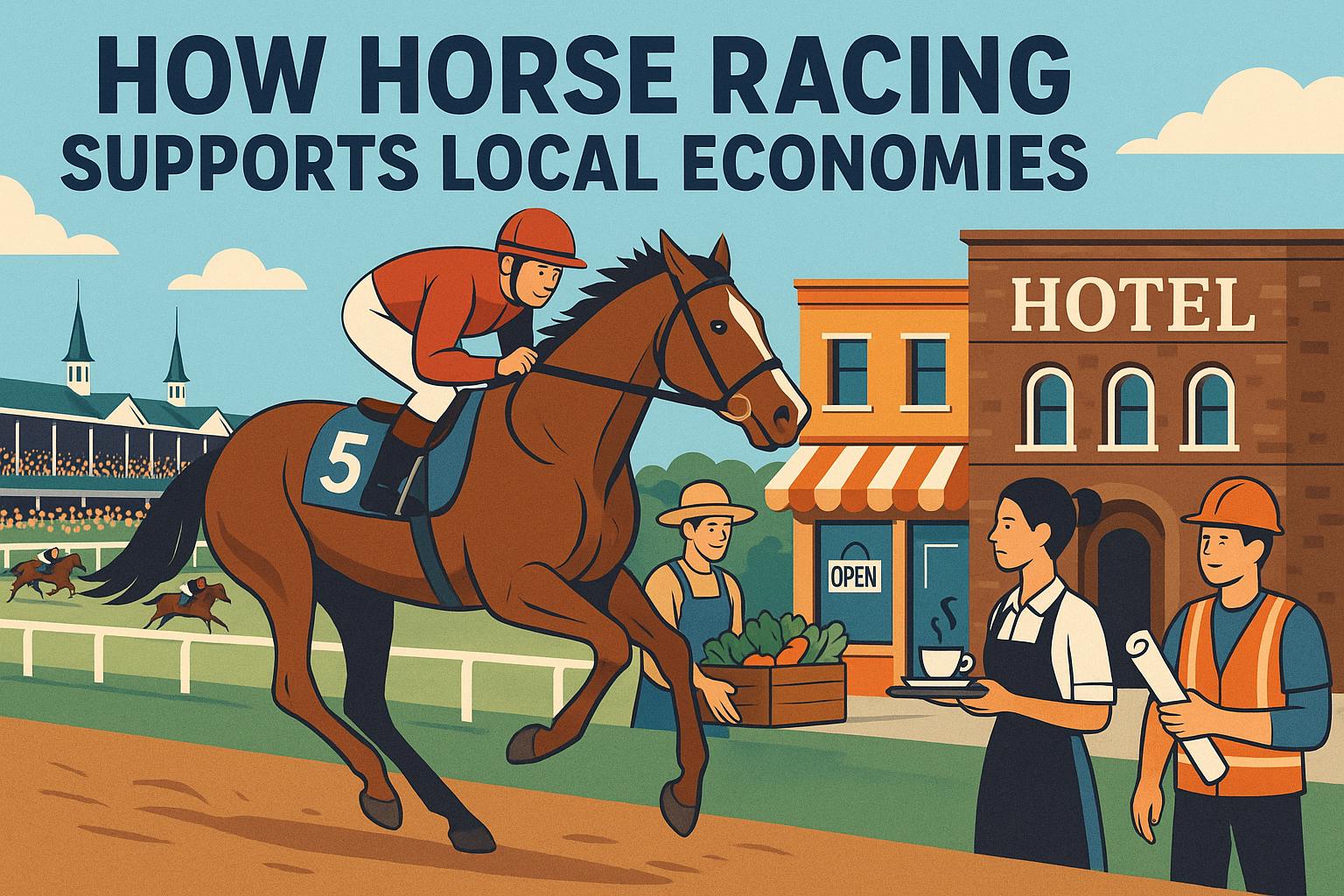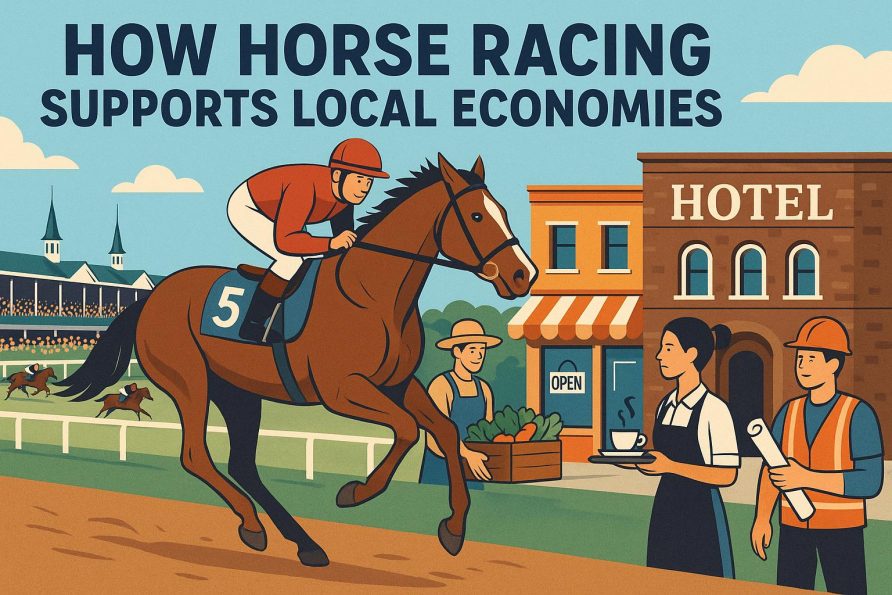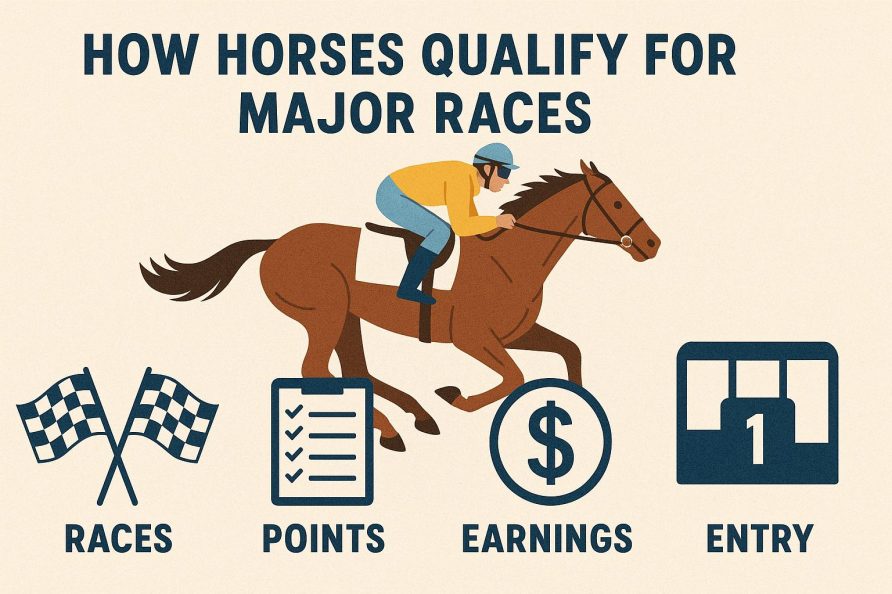Introduction to Horse Racing’s Economic Impact
Horse racing, a sport with a rich history extending back over centuries, is far more than just a source of entertainment. For many enthusiasts worldwide, it offers a thrilling spectacle but also a substantial boost to the economy. This grand sport carries significant economic weight by providing employment opportunities, attracting tourism, and supporting local businesses. These facets combined create a complex structure where financial benefits are deeply resonant across numerous communities.
Employment Opportunities in the Horse Racing Industry
The horse racing industry offers a remarkable array of employment opportunities. The roles are diverse, catering to various skill sets and interests, ranging from jockeys who ride the horses to trainers who condition and prepare the horses for racing. Moreover, veterinarians ensure the health and well-being of these magnificent animals, while stable workers care for the daily needs of horses. Beyond the track, the industry also demands personnel for racecourse management, event planning, and hospitality services, all of which underscore the sport’s importance as a significant employment sector.
Seasonal and Part-Time Roles
Aside from permanent positions, horse racing events create an abundance of seasonal and part-time jobs. These roles are particularly crucial in communities where stable employment might otherwise be limited or difficult to come by. By offering regular income opportunities, horse racing contributes to the economic stability of local job markets, particularly benefiting rural areas. This dynamic supports the livelihood of countless individuals and families, helping to sustain and grow local economies even outside the racing season.
Horse Racing and Tourism
High-profile horse racing events often draw a significant number of visitors globally, each contributing to the economic pulse of the host location. Visitors attending these events spend money on various services, providing a direct influx of cash into the local economy. Expenditures on accommodation, dining, and other local services inject energy into the regions, stimulating further economic activity.
Boosting Local Hospitality
The excitement surrounding race events invariably leads to increased demand for hospitality services. Local hotels see high occupancy rates, restaurants experience a surge in patronage, and local transport services benefit from the influx of guests. This heightened demand offers direct financial benefits to these businesses while also bolstering related sectors such as retail and entertainment. This comprehensive uplift in economic activity is often most profound during large, historically significant events whose allure draws more attendees and contributes substantially to the local economy.
Support for Local Businesses
The robust nature of the horse racing industry provides multiple benefits to local suppliers and businesses. There is a continuous requirement for horse-related products such as feed, equipment, and medical supplies. These demands, in turn, support businesses that supply these goods, generating a ripple effect of economic activity that extends well beyond the racetrack. Additionally, the presence of horse farms and breeding centers enhances the local economy by relying heavily on local services and suppliers.
Agricultural and Land Use Benefits
Horse racing positively influences land use and promotes agricultural sustainability. The maintenance of pastures for breeding and training enriches local ecologies and can spark initiatives focused on preserving open spaces. By encouraging effective land utilization, horse racing helps safeguard agricultural land and resources, promoting long-term environmental benefits and ensuring the consistent provision of necessary supplies for the industry.
Infrastructure Development
The organization of significant horse racing events often propels infrastructure development, such as the construction of better roads and the enhancement of public facilities. These improvements are invaluable to the wider community, facilitating daily activities and often raising property values in surrounding areas. The investments made into racecourses can ignite further economic growth through increased tourism and enhanced community living standards.
Community Investment
Through the development of infrastructure, horse racing exerts a positive influence on communities, creating benefits that far exceed the immediate scope of the sporting industry. Enhanced amenities and improved accessibility are catalysts for attracting new businesses to the region, broadening the economic prospects for the host communities. This infrastructure enrichment stands as a monument to the enduring value and potential of the horse racing industry as a vehicle for economic development.
Conclusion
The horse racing industry’s multi-faceted influence on the economy extends through its support for employment, tourism, local business activity, and infrastructure development. The benefits are wide-reaching and significant, underscoring the sport’s extensive potential to contribute positively to local economies. For regions with strong ties to horse racing, fostering and promoting this centuries-old sport can serve as a pivotal means of stimulating economic growth and stability. If you are interested in delving deeper into the economic ramifications of horse racing, visiting [industry-specific publications and reports](#) might provide further insights and details into this dynamic economic entity.





